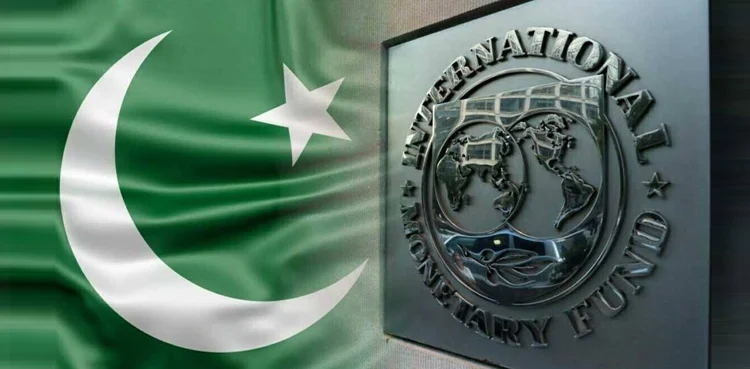ISLAMABAD – The International Monetary Fund (IMF) asked Pakistan to impose an 18 percent General Sales Tax (GST) on petrol, the sources close to the development said on Friday.
The Fund had also insisted Pakistan to eliminate sales tax exemptions on all goods including the petrol. It also advised the new government to enforce a sales tax on petroleum products along with a Rs60 levy to bolster tax revenues.
The Fund also recommended the relevant authorities to bring numerous items under the standard rate of 18% GST, including the unprocessed food, stationery, medicine, POL products, and others.
The IMF previously had asked Pakistan to impose an 18 percent GST on essential items such as food, medicine, petroleum products, and stationery.
The IMF estimates that streamlining GST rates could contribute to 1.3 percent of Gross Domestic Product (GDP) revenue, amounting to approximately Rs1,300 billion for the national exchequer.
It’s worth noting that the IMF and Pakistan reached a staff-level agreement on the second and final review under Pakistan’s Stand-By Arrangement.
The mission led by Nathan Porter confirmed in a statement that IMF reached a staff-level agreement with Pakistan on the second and final review of the country’s stabilization program supported by the IMF’s US$3 billion (SDR2,250 million) SBA approved.
“Pakistan’s economic and financial position has improved in the months since the first review, with growth and confidence continuing to recover on the back of prudent policy management and the resumption of inflows from multilateral and bilateral partners,” said Porter.










